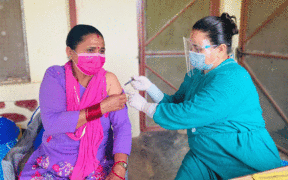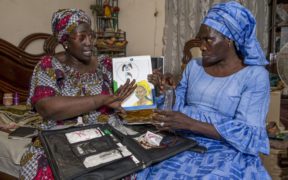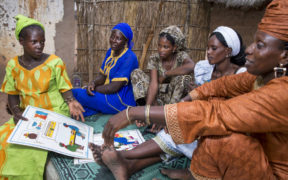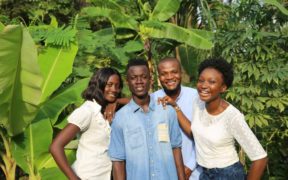Tag:
behavioral science

We all know that sharing information across projects and organizations is good for FP/RH programs. Despite our best intentions, however, information sharing doesn’t always happen. We might lack time to share or we aren’t sure if the information shared will be useful. Sharing information about programmatic failures has even more barriers because of the associated stigma. So what can we do to motivate the FP/RH workforce to share more information about what works and what doesn’t work in FP/RH?

How do common web user behaviors affect how people find and absorb knowledge? What did Knowledge SUCCESS learn from developing an interactive website feature presenting complex family planning data? How can you apply these learnings in your own work? This post recaps a May 2022 webinar with three sections: Online Behaviors and Why They Matter; Case Study: Connecting the Dot; and a Skill Shot: Developing Visual Content for the Web.

How might we encourage the FP/RH workforce to share knowledge with each other? Particularly when it comes to sharing failures, people are hesitant. This post summarizes Knowledge SUCCESS’s recent assessment to capture and measure information-sharing behavior and intention among a sample of FP/RH and other global health professionals based in sub-Saharan Africa and Asia.

Now through May 27, registration is open to enroll in the Johns Hopkins Bloomberg School of Public Health (BSPH) Summer Institute course, “Knowledge Management for Effective Global Health Programs.”

The EAST framework, developed by the Behavioural Insights Team (BIT), is a notable and well-used behavioral science framework that FP/RH programs can use to overcome common biases in knowledge management for FP/RH professionals. EAST stands for “easy, attractive, social, and timely”—four principles that Knowledge SUCCESS as it designs and implements knowledge management activities to get the latest evidence and best practices into FP/RH programs around the world.

Maryam Yusuf, an Associate with Busara Center for Behavioral Economics, shares research on cognitive overload and choice overload, offers insights from co-creation workshops, and suggests considerations for sharing information without overwhelming audiences.
















